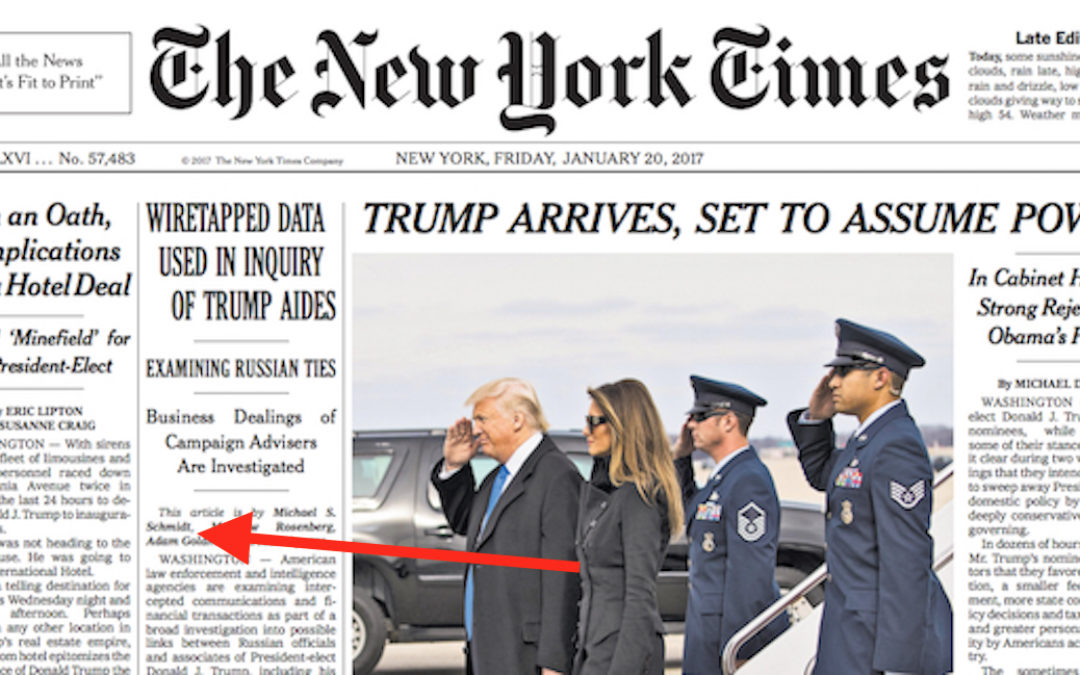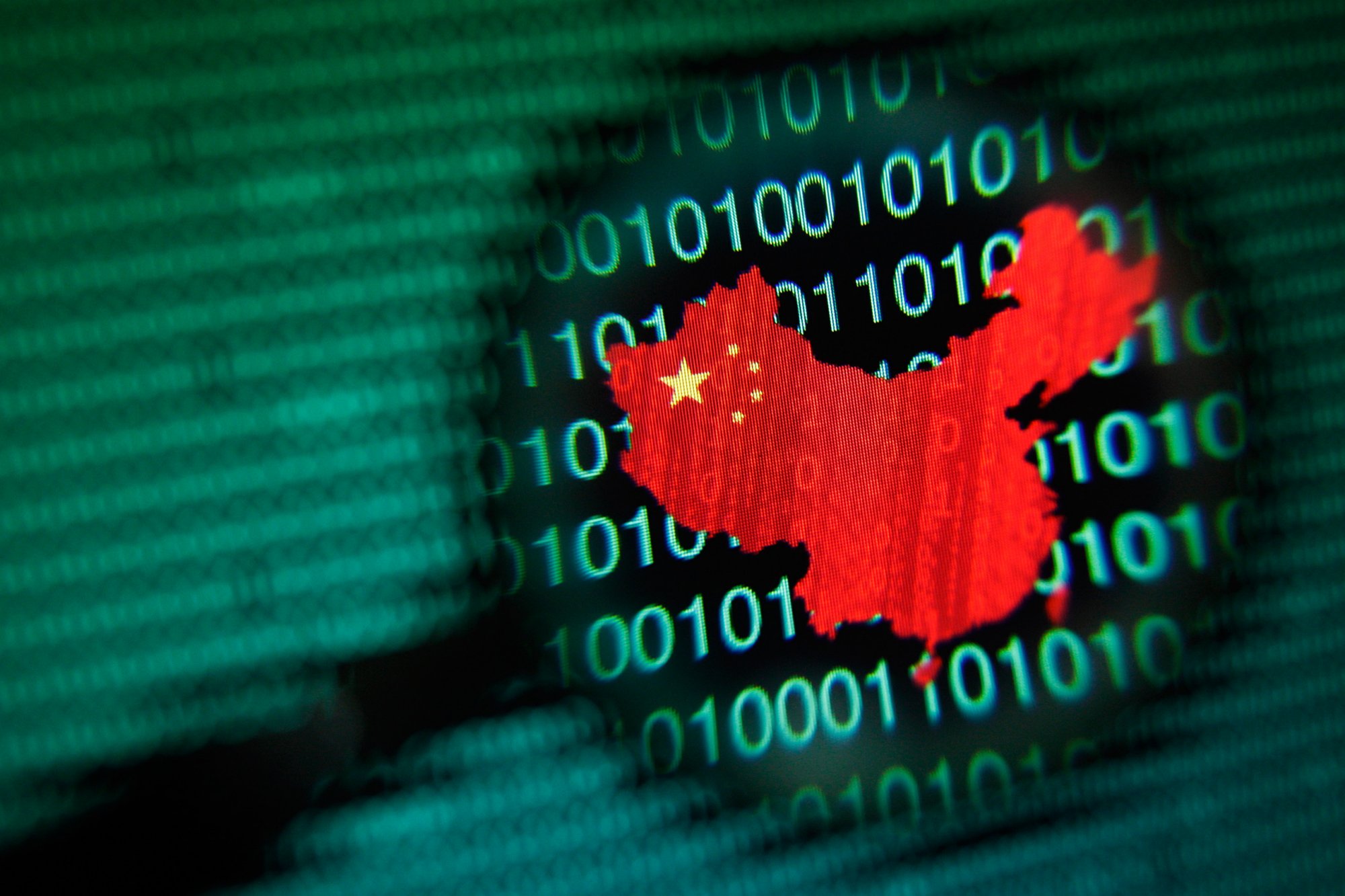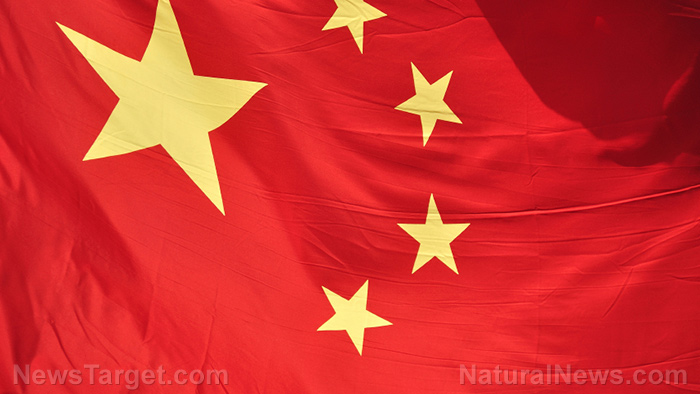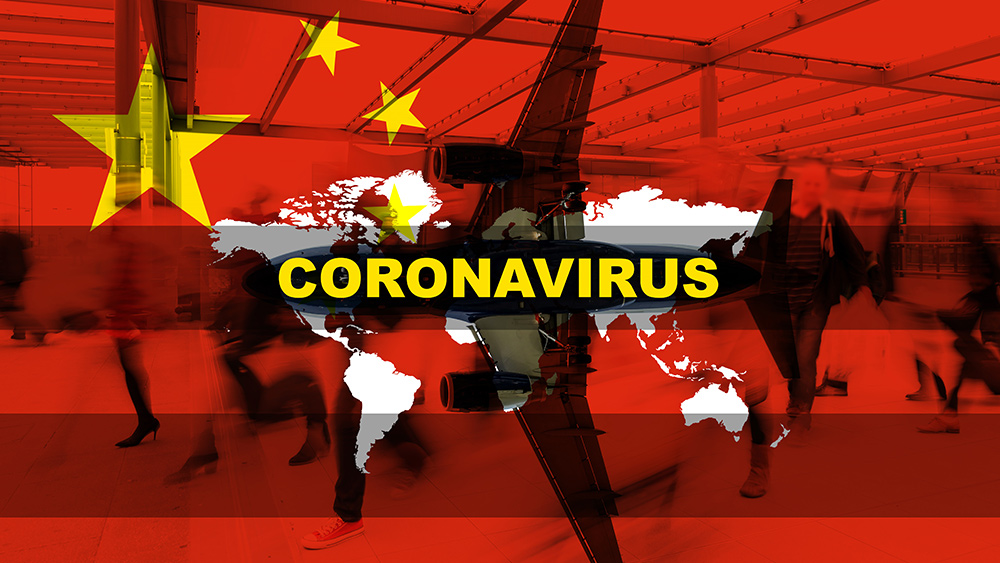U.S. consumers got hooked on cheap Chinese imports but the coronavirus is about to expose what a HUGE mistake this was
02/10/2020 / By JD Heyes

For more than two decades, horrible trade arrangements and political graft gave China a huge economic advantage over the U.S.
As American economic growth slipped from 4-5 percent per year to a ‘new normal’ of between 1.5-2.5 percent, Chinese economic growth skyrocketed to annual double digits.
The money has allowed successive Chinese leaders to modernize their country and their military at the expense of U.S. economic and national security. And with its wealth — now the No. 2 economy in the world — and a massive market of 1.3 billion people, China’s influence is growing around the globe.
Even as American politicians and presidents like Bill Clinton cozied up to the Communist regimes, ‘unofficially’ soliciting donations and allowing top secret information to be pilfered at will, U.S. corporations and retailers have increasingly turned to Chinese factories to help fill domestic store shelves.
Mega-retailers like Walmart are especially guilty. For years, the chain has put forth a ‘mom, pop, and apple pie’ persona while going behind the backs of American manufacturers to buy more cheaply from China.
The result was predictable: Continued hemorrhaging of U.S. jobs and manufacturing capacity to Chinese competitors who, for the most part, were only undercutting American-made products by negligible amounts.
Now, however, the legacy of corporate China pandering is about to come crashing down, and once again, it’s the American consumer who will be hurt.
As the coronavirus — believed by some to be part of a Chinese bioweapons program — continues to spread and kill, Communist authorities in Beijing are clamping down further to isolate the outbreak and limit its reach.
Measures include widespread quarantines, even of entire cities, according to some reports, which is leading to production slowdowns and cuts at factories all over the country. Factories that produce all the cheap goods sought by retailers like Walmart and e-tailers like Amazon.
‘Just-in-time’ supply chains fail…without supplies
As noted by Curtis Ellis writing at Breitbart News:
The China price gave us an endless stream of cheap consumer goods. It was made possible by global supply chains, transoceanic containerized shipping, and just-in-time inventory management to control warehouse and carrying costs, all part of the logic of relentless cost-cutting Wall Street demanded of multinational corporations.
But the coronavirus has its own logic, and it does not respect the logic of Wall Street bankers, logistics managers, and mass merchandisers.
Ellis goes on to point out that the coronavirus outbreak is exposing “the frailty of global supply chains” as well as “the fallacy of the management theory” that actually calls for international supply links as well as “just-in-time” management of inventory.
Global supply chains fail when one link — or, in this case, the chain’s anchor — fails. And that’s what’s going on right now with China.
The government has quarantined at least 60 million people in more than 12 cities; also, the Chinese government has ordered thousands of factories shuttered, writes Ellis.
‘Just-in-time’ supply chains fail without a continual supply of goods that arrive on store shelves…just in time. And with reduced inventories — almost no one keeps much stock in-store these days because stock is expensive to maintain — it won’t take long to run out of things.
A lot of things, in fact. What’s more, the longer the virus pandemic lasts, the bigger the supply chain fail is going to be and the longer shortages will last.
Already, mega-tech corporation Apple “has been forced to reduce iPhone shipments by 10 percent this quarter because of disruption in its China-dependent supply chain (the vast majority of iPhones are made in China).
Even the official mouthpiece publication of the Communist regime, Global Times, has admitted that the party understands “a labor shortage issue seems to be haunting major Chinese cities” that include the country’s manufacturing hubs.
Before President Trump, successive American administrations were fine with allowing the China dog to continue wagging the American tail. Now that misguided strategy is going to come home to roost in a big way.
Sources include:
Tagged Under: American companies, cheap goods, China, Chinese economy, Communist regime, consumer goods, coronavirus, exports, global supply chain, graft, imports, made in China, supply chain, trade policies, u.s. government, U.S. retailers, Wal-Mart, Walmart
RECENT NEWS & ARTICLES
COPYRIGHT © 2017 NATIONAL SECURITY NEWS
















